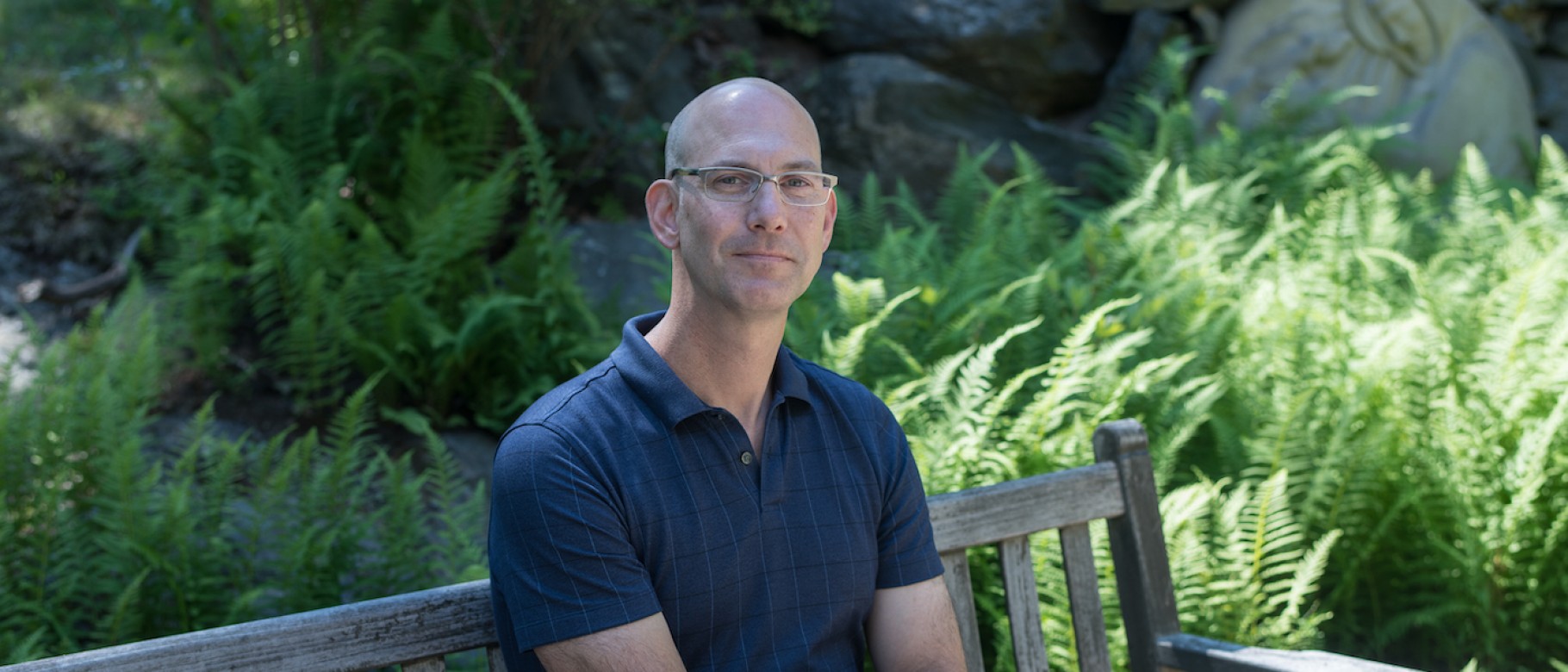UNE’s Eric G. E. Zuelow discusses COVID-19 era travel in New York Times

Eric G. E. Zuelow, Ph.D., professor of European history at the University of New England, has been featured in an extensive New York Times piece on travel during the COVID-19 era.
The Sept. 4 feature story, “To Many Travelers, 2020 Was the Summer of 1965,” discusses the ways in which midcentury travel preferences — driving instead of flying, and to domestic destinations rather than across borders — have seen a revival amid the global pandemic.
The popularity of family car travel became the norm as the Interstate Highway System developed from the 1950s through the 1970s, and, by 1963, about 85% of Americans traveled by car to their destinations. Road trips then became a rite of passage, the article states.
“Gas stations offered maps highlighting potential destinations. Automobile companies produced all sorts of marketing materials telling parents how to travel,” said Zuelow, author of “A History of Modern Tourism.”
In 2020, despite the coronavirus threat, domestic travel remains strong. The article cites one AAA forecast from June that predicted there would be nearly 700 million road trips taken this year — a decrease of only 3% from last year — with driving accounting for 97% of travel.
Lower gas prices have also fueled the desire to drive, as have our innate senses of adventure.
“We believe we must travel, and we have internalized that need,” Zuelow told reporter Sarah Firshein. “The centrality of tourism is deeply rooted in us as modern people because we tie a lot of our identity to the places we go. So, when there’s a moment of crisis, we still want to travel, but we fall back on what’s realistic at the time.”